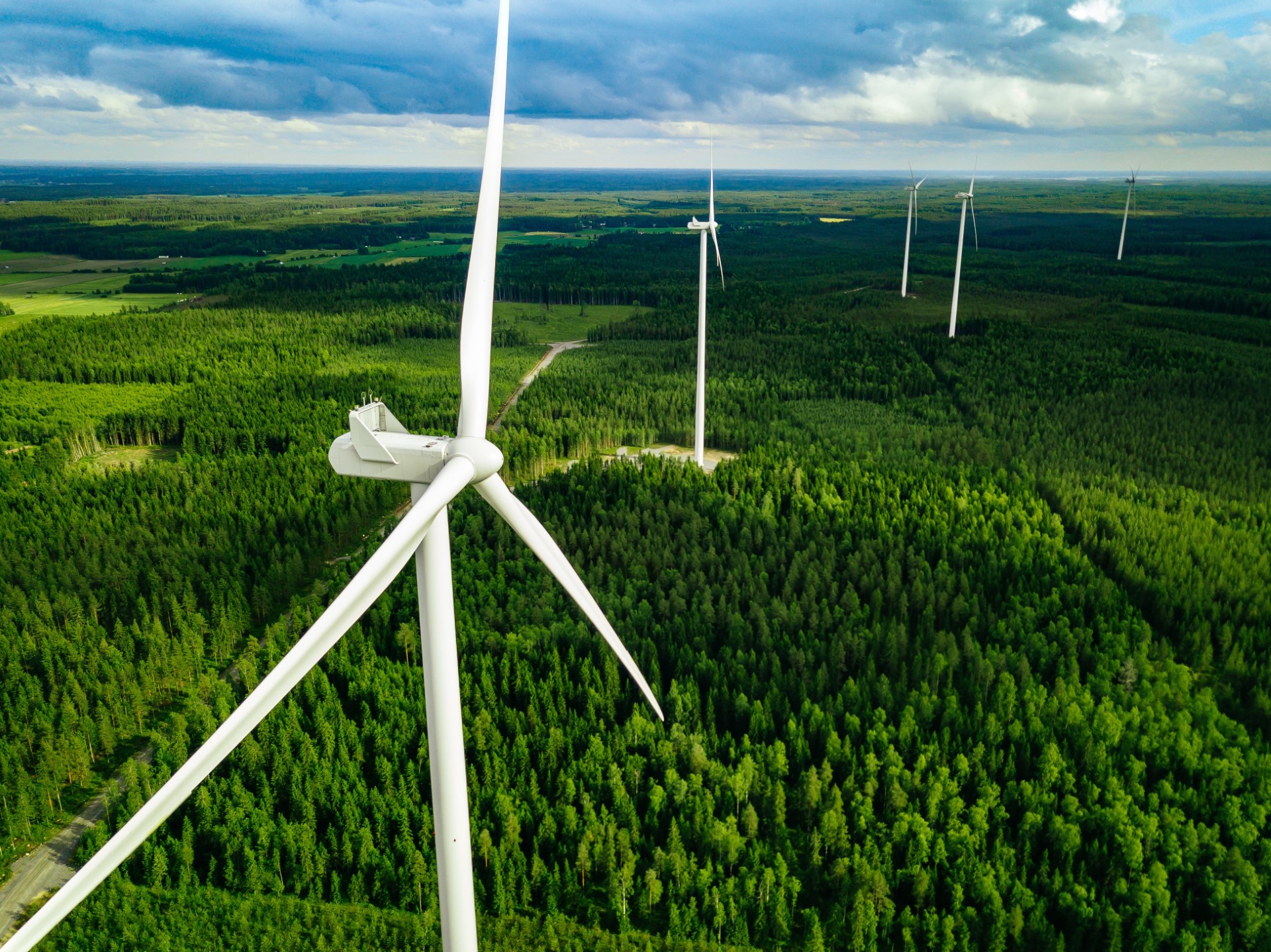 Ardagh Glass Packaging-Europe (AGP-Europe), an operating business of Ardagh Group, announced today that it has entered a 10-year renewable energy Power Purchase Agreement (PPA) with Renewable Power Capital’s (RPC) newly-built 161MW Vitberget wind project in Sweden.
Ardagh Glass Packaging-Europe (AGP-Europe), an operating business of Ardagh Group, announced today that it has entered a 10-year renewable energy Power Purchase Agreement (PPA) with Renewable Power Capital’s (RPC) newly-built 161MW Vitberget wind project in Sweden.Schneider Electric, the leading adviser in corporate renewable energy procurement and carbon management, supported Ardagh in the project selection and PPA negotiation.
The PPA is for 100% of Vitberget’s capacity and is planned to start in 2026 once operations begin. This agreement will cover approximately 40% of AGP-Europe’s power load, offsetting Ardagh’s Scope 2 greenhouse gas (GHG) emissions. Renewable energy is a key target in Ardagh’s sustainability strategy. This new PPA is an incremental step toward meeting Ardagh’s 2030 goal of transitioning to 100% renewable electricity, as well as a fundamental step toward achieving its 2030 Science Based Targets initiative CO2 reduction.
Vitberget is part of RPC’s 553MW cluster of four wind farms in the Kramfors and Sollefteå municipalities. This PPA follows RPC’s announcement early this month that it has ordered 80 Nordex turbines for these wind farms, confirming its commitment to the Swedish wind sector. This PPA, coupled with the recent order of the Nordex turbines, reinforces RPC's dedication to advancing the Swedish land-based wind sector and further contributing to the decarbonisation of European industries.
“We are delighted to take this next step on our sustainability journey, securing renewable energy from RPC in a long-term partnership.” said Martin Petersson, CEO AGP-Europe.
“Having recently opened our new NextGen Furnace at AGP in Obernkirchen, Germany, which could save approximately 45,000* tonnes of carbon annually, the impact of this PPA will be significant. Not only does it demonstrate our commitment to progressing our sustainability roadmap, but it also shows how we continue to minimise our greenhouse gas emissions.”
Steve Hunter, Managing Director of Power Markets and Asset Management, said: “We at RPC are proud to have closed yet another PPA – this time for a wind farm which forms part of our largest project to date. PPAs are an integral part of RPC’s investment strategy, allowing us to secure long-term, stable cash flows without the need for subsidies. We look forward to working alongside our new long-term partner Ardagh as we add glass packaging to the growing list of sectors we’re helping to decarbonise.”
*A 2023 Life Cycle Analysis demonstrates the carbon savings per glass bottle to be produced in the NextGen Furnace, compared to a bottle from a conventional AGP furnace. A typical 330ml glass bottle produced in the conventional AGP furnace at Obernkirchen produces 140.1g of CO2, compared with one to be produced in the NextGen Furnace once fully operational at 80% renewable electricity and 20% gas, which will produce 43g of CO2: a 69% reduction across Scope 1, 2 and 3 emissions. Depending on the production mix, the NextGen Furnace could save up to 45,000 tonnes of carbon every year, compared to a conventional furnace.